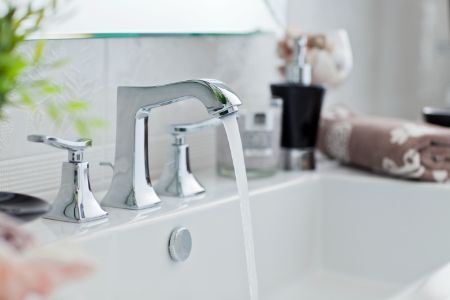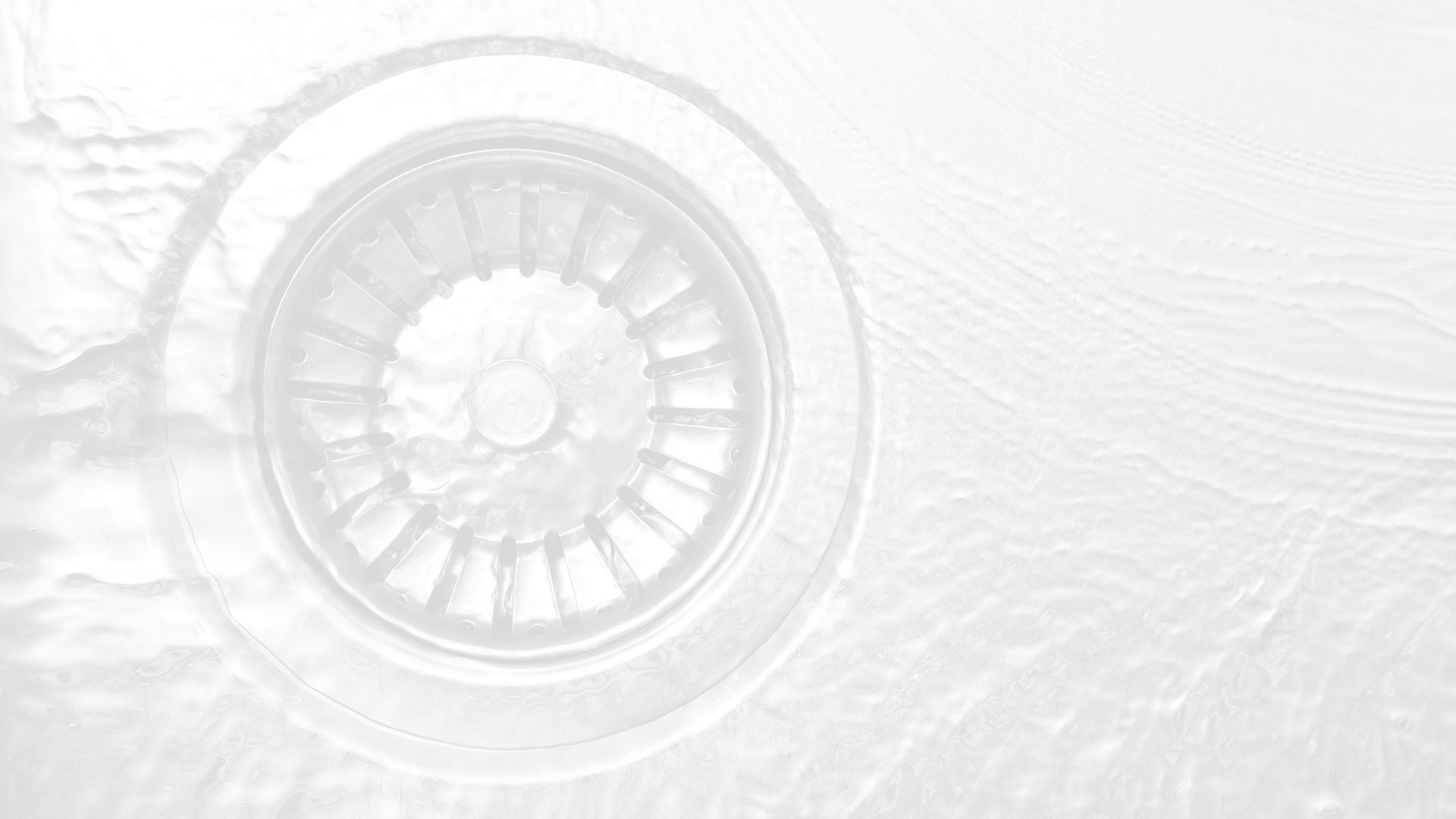DIY Water Filter Installation: Should You Handle It or Call a Pro?

Installing a water filter is a great way to ensure clean, safe drinking water in your home. But many homeowners wonder whether they can tackle this project on their own or if they should hire a professional. In this guide, we’ll explore the steps involved in installing different types of water filters and help you decide if bringing in a plumber is the best option.
Understanding the Types of Water Filters
Water filters come in many different forms, each with unique installation requirements. Knowing the specific type of filter you're dealing with can help you determine if it's a DIY-friendly project or one that needs professional expertise.
1. Reverse Osmosis Filters
Reverse osmosis filters use a multi-stage filtration process to remove a wide range of contaminants, including heavy metals and dissolved solids. These systems are typically installed under the sink and often require some basic plumbing knowledge, making them a challenging option for DIY installation.
2. Carbon Block Filters
Carbon block filters use activated carbon to remove chlorine, sediment, and other impurities. These filters can be found in under-sink and whole-house systems. While moderately challenging, a confident DIYer could handle the installation, though professional help ensures everything is connected properly.
3. UV (Ultraviolet) Water Purifiers
UV water purifiers use ultraviolet light to kill bacteria and viruses, providing extra protection for your water supply. These systems often work alongside other filtration units and require professional installation due to the electrical components involved.
4. Ceramic Water Filters
These gravity-fed systems are typically used as portable or countertop filters. They use a ceramic element to trap bacteria and other harmful microorganisms. These filters are relatively easy to install, making them a good candidate for DIY installation.
5. Inline Water Filters
Inline water filters connect directly to your water supply line, commonly used for refrigerators and ice makers. They are fairly simple to install, but securing the connections properly is crucial to prevent leaks, so hiring a plumber can provide peace of mind.
6. Showerhead Water Filters
Showerhead filters are designed to remove chlorine and other chemicals from your shower water. They are some of the easiest filters to install, often requiring no plumbing skills, making them a perfect DIY project.
How to Install a Water Filter
Although the installation steps can vary slightly based on the type of filter, the following guide provides a general outline for most systems.
1. Turn Off the Water Supply
Before beginning any installation, it’s essential to shut off the water supply to prevent leaks and water damage.
2. Read the Instructions
Each type of filter will come with its own set of instructions. Be sure to follow the manufacturer’s guidelines closely for a proper installation.
3. Prepare the Area
Whether installing a reverse osmosis system under your sink or an inline filter for your refrigerator, make sure the area is clear and accessible.
4. Install the Filter
Connect the filter according to the manufacturer’s directions. This may involve attaching hoses, cutting pipes, or securing brackets. Systems like UV purifiers may also require electrical connections, which often need a professional plumber or electrician.
5. Turn the Water Back On and Check for Leaks
After the installation is complete, turn the water supply back on and carefully inspect for any leaks. If you notice any, tighten the connections or seek professional assistance.
Should You Hire a Professional?
The decision to hire a professional or attempt a DIY installation depends largely on the type of filter and your confidence in plumbing work. While some filters like ceramic or showerhead units are simple to install, others like reverse osmosis or UV systems require more expertise. Hiring a licensed plumber can ensure your water filter is installed correctly and operates at peak performance.
Benefits of Professional Installation
While DIY installation can save you money, hiring a professional comes with its own set of advantages:
- Expertise: A licensed plumber has the knowledge and experience to install your water filter efficiently and safely.
- Time-Saving: Professional installation is often quicker, especially for complex systems.
- Peace of Mind: Many plumbers offer warranties on their work, providing you with confidence that your system will function properly.
- Preventing Mistakes: Improper installation can lead to leaks or ineffective filtration, which a professional can help avoid.
To ensure your water filter is installed correctly, reach out to a licensed plumber today and enjoy clean, safe drinking water without the hassle!

Reach Out To Your Lafayette Master Drain Services For Your Plumbing And Drain Cleaning Needs.